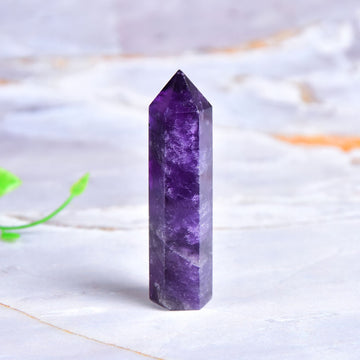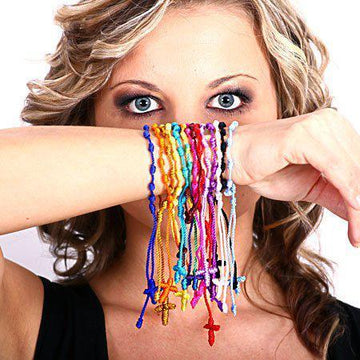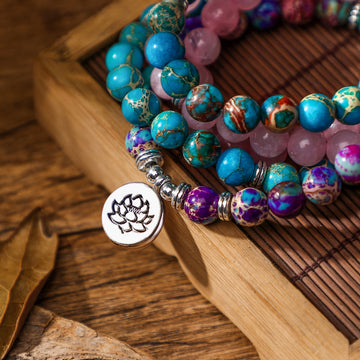During 1986, John Vasconcellos, the state assemblyman of California, presented what he thought could be “the vaccine for the main social ills,” such as drug abuse and teen pregnancy: a specific task-force which was about promoting self-esteem in Californians. This effort folded about three years after that, and it was said that it hadn’t achieved too much.
This is not a surprise for Kristin Neff, who is the professor of psychology at Texas University. Although self-esteem keeps reverberating as a pop-psych cure-all, the quest for inflated egos, according to Neff, is largely pointless and misguided.
Having confidence is not something wrong. The problem is the way in which people are trying to accomplish higher self-regard. Usually, they do that by undermining other people or comparing their achievements to the ones around them. According to Neff, that is not only unsustainable, but it may even lead to depressive bouts and narcissism during tough times.
She proposes a much better path, and that is self-compassion. This means treating ourselves just like we are going to treat our best friend, although they will sometimes screw up.
Below are the answers that Neff gave to questions about self-esteem, how it can fail us, or how we may boost the compassion only for ourselves:
1. Which are the contexts in which we can hear about self-esteem boosting?
Kristin Neff responded, saying that American culture has people who are full of narcissism and self-esteem. She believes that because of the huge self-esteem movements, people simply believe that self-esteem is the fundamental thing to their psychological health. As a result of the emphasis put on such self-esteem, the new generations of people are narcissistic. She believes that it is generally in their culture; however, perhaps particularly among educators and parents.
2. Is there something wrong when we tell people to improve their self-esteem?
She says that when people take things too seriously, they become narcissistic. Narcissistic individuals usually have relationship problems, they push others away, and the consequences of narcissism are definitely maladaptive. Among American society, people think that to have their self-esteem high, they need to feel above-average and special. In fact, we will need self-esteem the most when we fall. Self-esteem will desert us.
One problem is that we constantly compare ourselves to other people. Often, self-esteem can be highly dependent on success. We are going to see that our self-esteem is available when we are successful. However, when we actually fail, our self-esteem will desert us, and that’s when we will need it the most.
3. How is the so-called self-compassion defined and why it is considered better?
Self-compassion means treating ourselves with identical care, kindness, and compassion, as we are going to treat others we care about – our loved ones and good friends.
Self-kindness is one component, which is also the most evident one. However, it even entails the recognition of humanity – the fact that we are all imperfect, and have completely imperfect lives. There are times when we react like something wrong has happened, when we don’t succeed doing something – saying that this is not supposed to happen. We tell ourselves that we should not have failed, just like every other person in this world is living a perfectly unproblematic and happy life. This kind of thinking is going to cause us additional suffering as people feel separated and isolated from humanity.
Having self-compassion means accepting the fact that we all fail and struggle. That’s what being human means. That also alerts how people relate to difficulty and failure. To feel self-compassion, all we have to do is turn ourselves towards and accept our suffering.
4. Is it true that men have quite greater self-compassion than women? If true, why is that?
The difference is small, but it is also consistent: Women are not that much self-compassionate like men. The research that Neff and her team did on gender role orientation, and on androgynous women – the women that are drawing equally on both the feminine and masculine sides of themselves – have identical self-compassion levels like men. Women are the ones that seem to be suffering a lot more. Women are constantly told not to take care of themselves, and that they have to be externally focused, almost always.
5. Is there the risk that we can forgive ourselves for too much?
According to Neff, that is another surprising discovery. Those of us that have greater self-compassion is more probably going to take responsibility for hurting others and will apologize too. Self-compassion is going to give us the resources in order to accept that we made a mistake and see ourselves clearly. That will increase our capacity to take full responsibility and even apologize.
The fears that we all have of being too self-compassionate may be mostly based on some misconceptions. However, some researches show the opposite. In fact, self-compassion will help us be motivated and take responsibility. It isn’t something selfish or self-indulgent, but it will lead to a better relationship.
6. How can we cultivate it when we don’t have natural self-compassion?
One easy way is asking ourselves what would we say to someone we care about in such a situation. Many people have more experiences in showing compassion towards other people than towards themselves. Physical touch will be another way. Three triggers trigger physiological compassion, and they are gentle touch, soothing vocalization, and physical warmth. However, we shouldn’t underestimate this kind of compassion, as, after all, we are human beings.
Cabochon is a stone that is cut with a highly polished, rounded or convex top with no faceting and a flat or slightly domed base. A cabochon may be cut in any shape, though oval is by far the most common. The term comes from the French caboche, meaning knob or small dome.
Rhodonite reflects the light of the heart and love, and stimulates the heart chakra. It gives us the balancing ability to be ourselves within the environment, and helps in our relationships.
Rhodonite brings balance to the emotional body, increasing self-esteem and confidence, and helps you recognize and value gifts and talents to expand you to your highest potential in order to help others.
Carry or hold this Cabochon Rhodonite Balancing Gemstone to dispel anxiety and remain centered in challenging situations. It is ideal for alerting one to circumstances where something, or someone, is not as it seems, and provides the “wake up call” needed to do something positive about it.



































